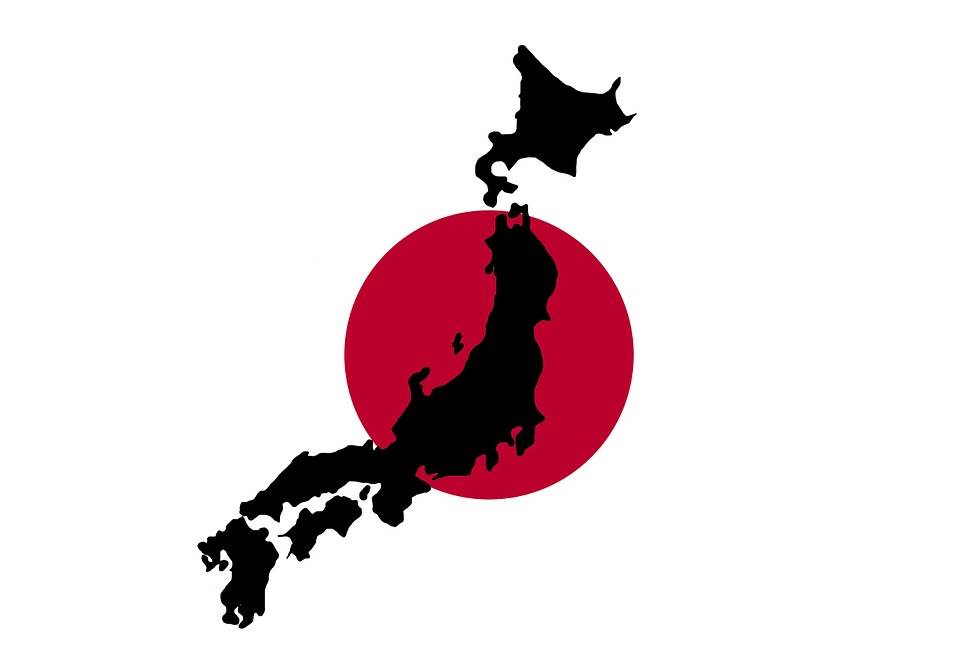 The Bank of Japan kept the cash rate steady, at -0.1 percent, this Thursday, signaling a rate cut for the future.
The Bank of Japan kept the cash rate steady, at -0.1 percent, this Thursday, signaling a rate cut for the future.
“The chance of the economy losing momentum to hit our price (inflation) target hasn’t escalated. But we need to scrutinize developments as overseas uncertainties are heightening,” stated the BOJ Governor Haruhiko Kuroda, “It’s still possible for the BOJ to deepen negative rates,” he added.
It seems that monetary easing was unnecessary this time since there was an unexpected jump in the Japanese retail sales in September, going up 9.1 percent (mostly due to a a boost in car sales), the highest increase since 2014 and surprising, since Japan recently increased its sale tax from 8 percent to 10 percent, in order to alleviate their fiscal issues.
However, Japan's economic growth outlook may call for stimulus in the near future. Recently the International Monetary Fund released its World Economic Outlook, where they foresee a slower global economic growth, 0.3 percent less from their April forecast, mostly due to the current economic instability caused by Donald Trump's tariff wars, the Brexit political crisis and growing tensions in the Middle East and the Persian Gulf. The Japanese economy, which heavily relies on its exports and is essentially stalled since 1990, is expected to grow just 0.5 percent in 2020 (falling from this year's expected 0.9 percent growth), mostly because of the current global situation and the possibility of being sanctioned with tariffs by the United States in the future.
Recently, the chief economist of the Mizuho Research Institute claimed that the Japanese economic growth is in fact plateauing and likely will show negative economic growth in the fourth quarter. This is happening after Japan's economy slowly recovered at the beginning of 2019, mostly due to the fall in exports, investment, and domestic production.
Japan is also struggling with its demographic problems. What was the second most powerful economy in the world during the 80s, only surpassed by the United States, is now amid a demographic crisis that undermines its economic growth and boosts its public debt. Low birthrates, together with an increase of life expectancy, its refusal to open their labor market to foreigners and the failure of the Japanese government incentives for young people to get married and have children, it's undermining the land of the rising sun productivity level.
"The recent trend in the index indicates that the Japanese economy is entering a plateau, which will last for some time," said the Japanese Chief Economist Katsuyuki Hasegawa.
Bank of Japan is not complying with its mandate
Japan's inflation rate is still significantly behind the Bank's inflation target. Its core consumer price index rose just 0.3 percent last month, the weakest increase since April 2017, despite the recent consumer tax hike.
“Companies aren’t translating the tax hike impact onto consumers as much as expected,” stated Mari Iwashita, chief market economist at Daiwa Securities.
This persistent low inflation is not easy to explain, given that Japan has a high debt level. Some attribute this to the country's current excess of funds (due to a excess of savings). It also calls for further easing.
By 10:29 GMT the USD/JPY pair went down by 0.53 percent, falling to the 108.25 level. The EUR/JPY followed the trend, falling 0.33 percent at 120.93, while the AUD/JPY dropped by 0.53 percent, 74.72.
